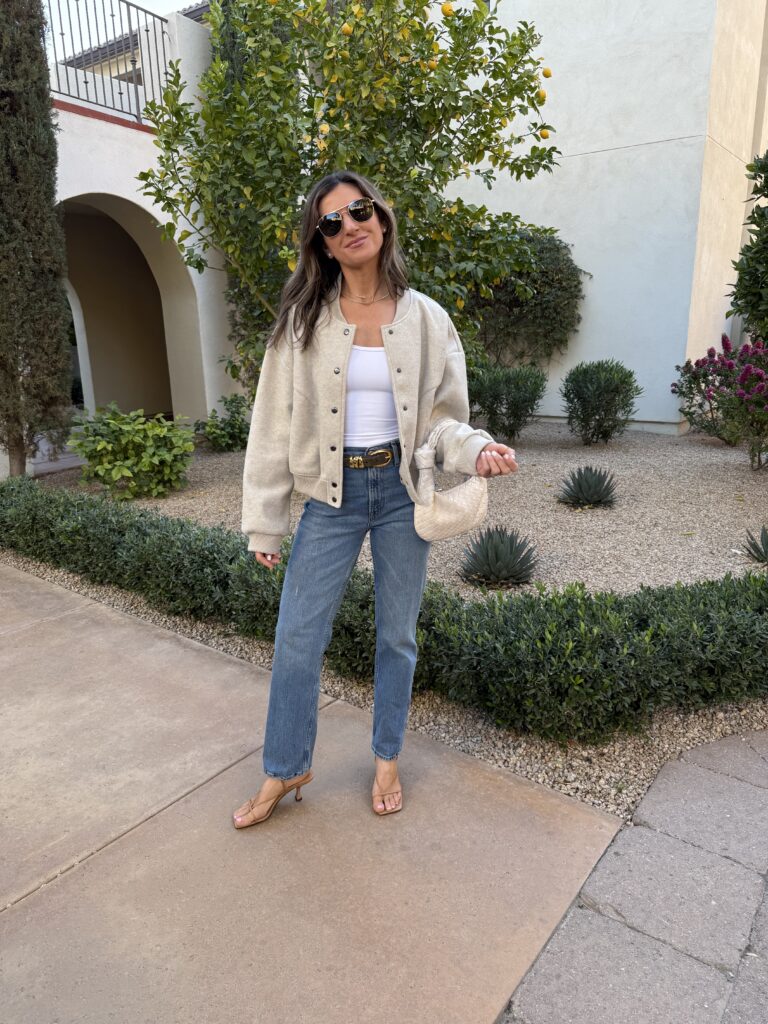
While in Scottsdale last weekend, Heather and I binged the new viral Netflix series called Apple Cider Vinegar. The show is based on a true (ish) story about an Australian woman who faked having brain cancer to build a wellness empire using alternative medicine. She launches a very successful app called Whole Pantry that provides subscribers with recipes that are organic, dairy free, seed oil free, gluten free, low in refined sugar, etc. that she claimed she used to treat her cancer.
The show also portrays another woman who does have cancer who went viral on social media for recording how she stayed in remission from cancer without going through the traditional chemotherapy treatments. While she wasn’t lying about having cancer and did truly believe juicing and colonics were keeping her in remission, she went against medical advice and sadly died at the age of 29.
The story that unfolded throughout the 6 episodes was wild and left me thinking about the current wellness industry and how misleading it has become. This series is based on a story that took place over a decade ago and the wellness industry seems just as fraudulent as ever (and its audience just as naive).
Watching this series as a Registered Dietitian was interesting because while I passionately believe food and nutrition play a significant role in disease management, I also know it’s not a cure all for certain diagnosis. For example, nutrition and lifestyle may reverse a disease state like type 2 diabetes, but that alone will not cure cancer.
I’m not implying that everyone online is a scammer, but I think it’s important to do your own research on any product someone is selling/linking or treatment that worked for someone else. Ask yourself if this person is qualified to be giving this type of information. What might they gain from you following their recommendation. Research the product or treatment thoroughly. Research more about who is making this recommendation. Run it by your doctor. It’s your body, your health, and your money on the line.
Personally, I like to talk to a variety of doctors and do my own research before making specific health decisions. Different specialists have different points of view and recommendations. I work with women’s health specialist NP and I have a PCP. I’ve also worked with more holistic and alternative medicine practitioners like naturopaths, acupuncturists, and chiropractors. I like to take in all the different information and make a decision that makes the most sense for me.
My hope is that after watching this series people recognize what an easy money grab a majority of the wellness industry is. Rather than taking health recommendations from your favorite influencer instead of an actual qualified medical professional hopefully you might think twice about the products they are touting. There is no single supplement, treatment, food, etc. that will be a game changer for your health. If it seems too good to be true, it likely is.
If drinking green juice and meditation works for you, great! But don’t ignore science and medical advice 😉
xx, Alix
This is so well written, Alix!! I really enjoyed it.
It can be so easy to get suckered in to some of these health “schemes”, but the last part about “if it seems too good to be true, it likely is” is the best advice. So smart to ask yourself that question every time you hear one of these new ads/influencers.